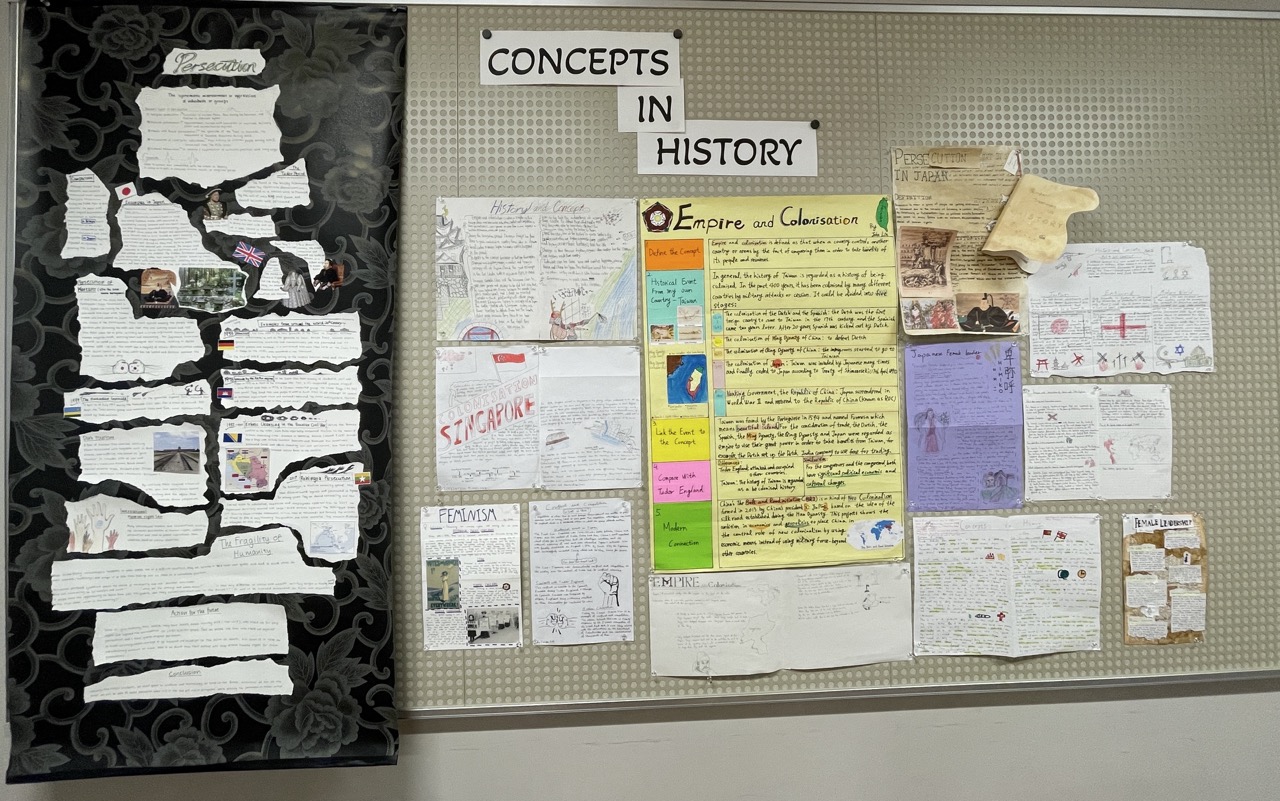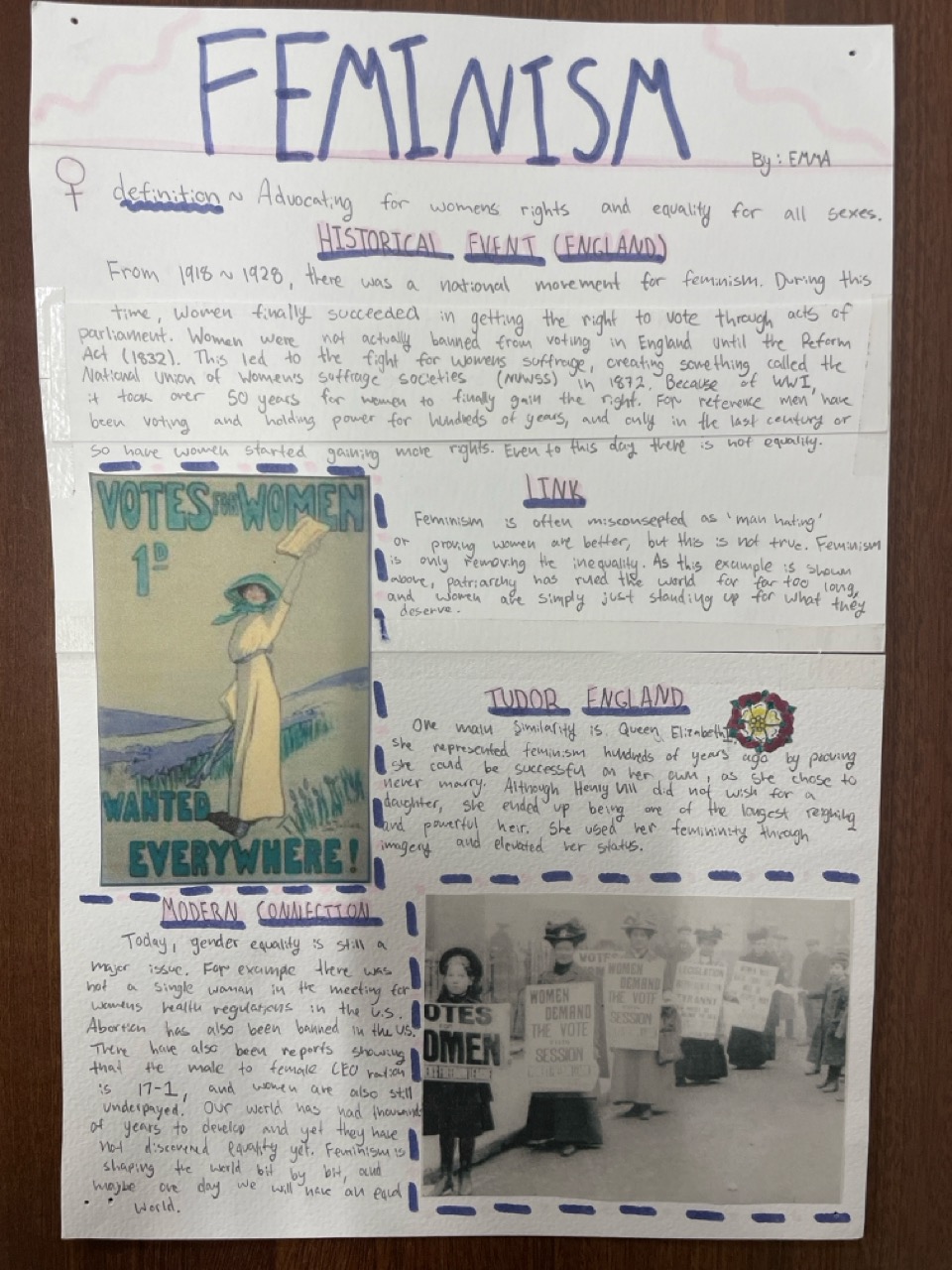At RSJ, history is about learning to ask questions and critically assess the world around us. How have we been shaped by the past? How has our world been moulded by its global context? Not only do we promote global citizenship, but our pupils are able to develop sophisticated and complex conceptual thinking. This was proven with our current Year 8 cohort who were challenged to consider a concept they had been studying within the Year 8 curriculum and apply it to other contexts.
What was this case about?
KS3 history at RSJ provides pupils with an understanding of British history, world history and Asian history in three contexts: the medieval world (Year 7), the beginnings of empire (Year 8) and the fallout from World War II (Year 9).
Year 8 begins with a module on Elizabeth I, in order to understand Tudor England, as well as how exploration and the British empire originated. Pupils are taught to assess the role of gender politics at the Tudor court, for example, how did Elizabeth I manage to rule for so long as a woman? Did this affect her authority? Was she forced to rule in a different way to the many men who had preceded her? Pupils also applied the concept of religious persecution to other parts of our history. Pupils were then encouraged to consider similar themes in other parts of history as part of an independent prep project. This demanded they apply their understanding to new, unexplored examples.
What was the result?
Many pupils found this a highly interesting and complex task. Hikaru said ‘it was a fun project that ensured I managed my time well and included many different skills from across the curriculum, such as research, artwork and historical thinking. I was able to talk to my family about what I found out and I was really shocked at what I discovered about religious persecution around the world.’ Makito reflected on the value of such a project; ‘it meant I was able to relate Japanese history to the rest of the world and consider foreign influences on the country I live in.’ Emma said ‘it allowed me to be creative and gave me freedom to explore different themes that I could feel connected to. In particular, I was really interested by my exploration of feminism around the world, specifically the lack of rights that protected women’s equality and well being.’


